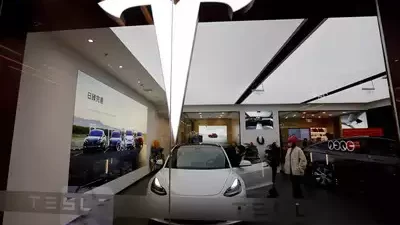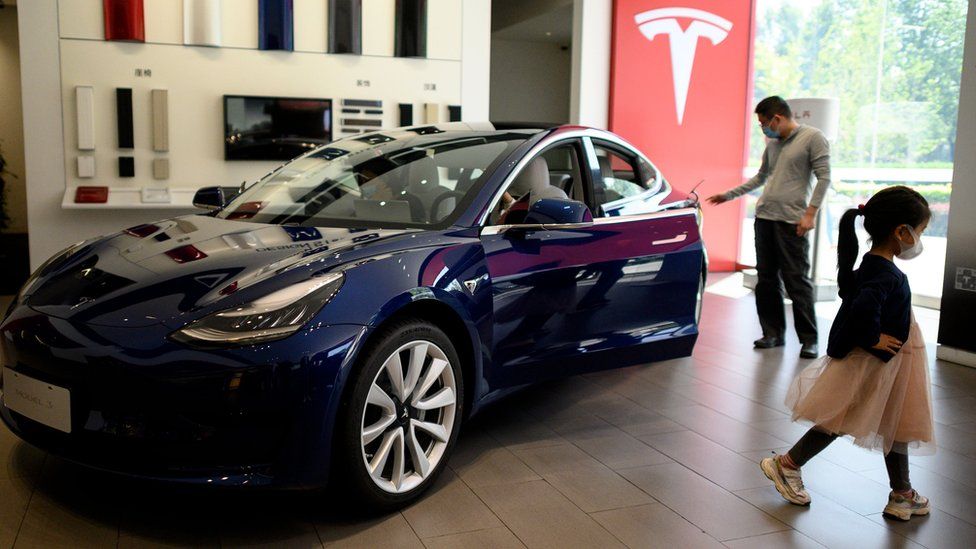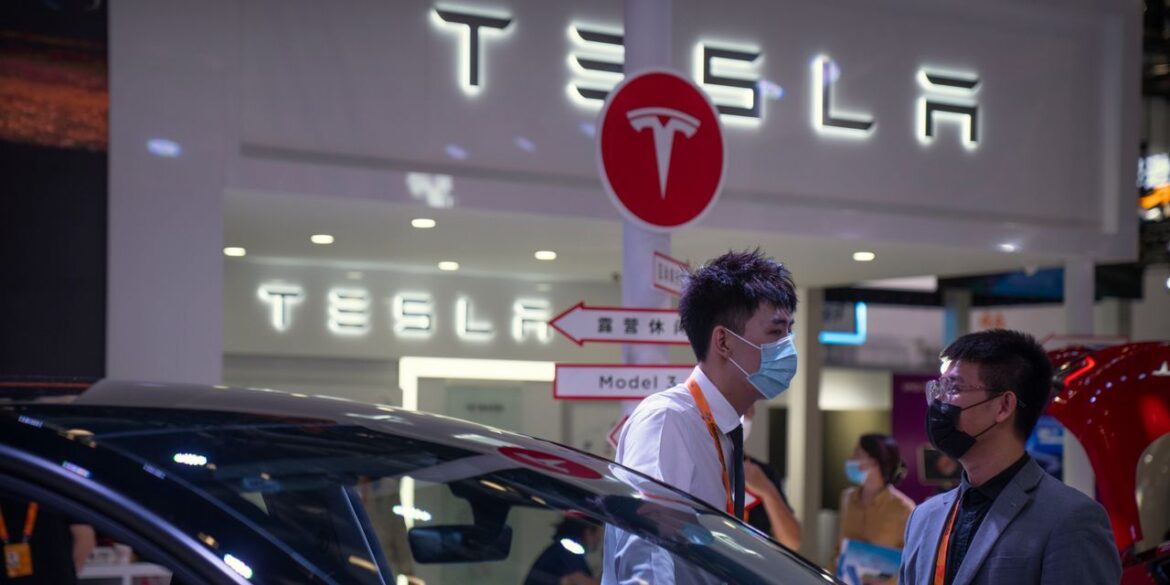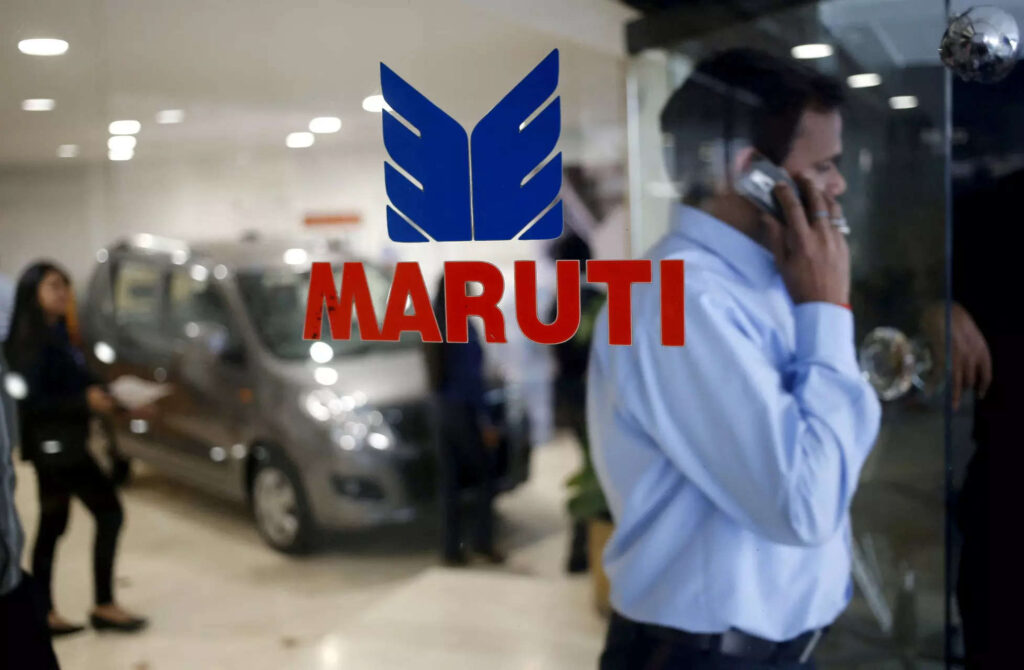According to people familiar with the issue, Tesla Inc. has apparently started laying off some of the employees at its Shanghai factory responsible for producing batteries. This action is being taken during a difficult pricing battle in China, where producers are implementing drastic automobile discounts across the board.
According to Bloomberg, Tesla Inc. has started notifying workers on the cell assembly lines of the first stage of its facility in the financial center of China that they would be laid off. This action was taken earlier this week as part of the US electric vehicle manufacturer’s restructuring plans.

According to the article, some of the impacted employees have been given the chance to switch to alternate workshops inside the business, such as stamping, painting, or general assembly. There is currently no information available on the precise number of battery employees that will be laid off or the precise causes of the staff reduction.
There are presently about 20,000 people working in Tesla’s Shanghai facility, which has the capacity to produce about 1 million cars yearly. Although LG Energy Solution Ltd. and Contemporary Amperex Technology Co. Ltd. are suppliers of batteries to Tesla, these batteries are integrated into modules and packs at the company’s battery workshop before being installed in vehicles.
MUST READ – India’s Overall Exports Via Amazon Global Selling Are Expected To Reach $8 Billion In 2023
According to the Bloomberg article, work is also being done on automated technology that might take workers’ positions on the battery production line.
The Austin, Texas-based company Tesla is now gaining a lot of momentum both domestically and abroad.

Deliveries from its Shanghai factory increased in June by almost 20% when compared to the same month last year, totaling a remarkable 93,680 automobiles. This significant rise raises the possibility that the market disruption brought on by the fierce price rivalry that exists there may be lessened. Additionally, Tesla beat Wall Street predictions with a staggering 466,140 cars shipped in the second quarter, setting a record for the world’s auto-deliveries. This accomplishment highlights the company’s impressive success on a worldwide level



